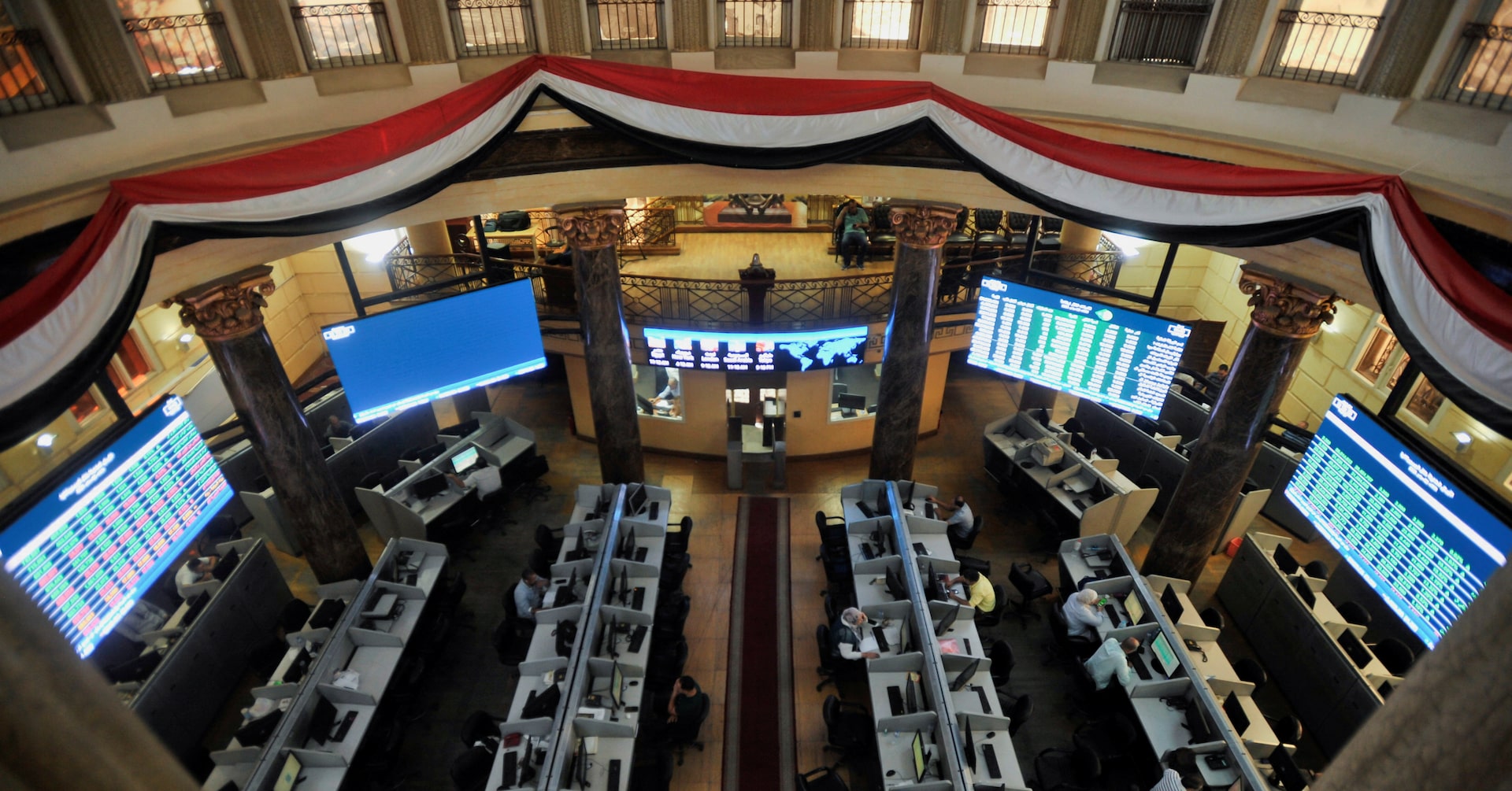Egypt's Financial Leap: $2 Billion Sukuk Issuance Set to Reshape Economic Landscape in 2025

In a strategic move to bolster its foreign currency reserves, Egypt is set to tap into the Islamic finance market by issuing $2 billion worth of sukuk (Islamic bonds) in 2025. The planned issuance will be structured across multiple offerings, signaling the country's innovative approach to addressing its current economic challenges.
Finance Minister Ahmed Kouchouk revealed the details in an exclusive interview with Reuters on Wednesday, highlighting the government's proactive efforts to diversify its financial instruments. The sukuks, which are Sharia-compliant financial securities, represent a significant opportunity for Egypt to attract international investment while adhering to Islamic financial principles.
By carefully planning the bond issuance through multiple tranches, Egypt aims to maximize flexibility and optimize its financial strategy in a challenging global economic landscape. The move underscores the country's commitment to strengthening its economic position and securing much-needed foreign currency resources.
